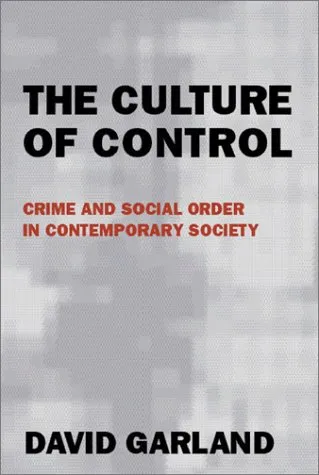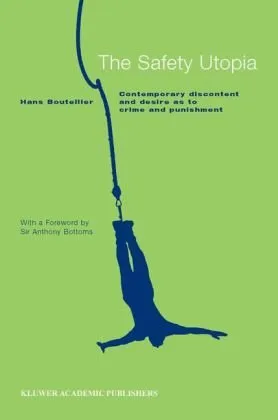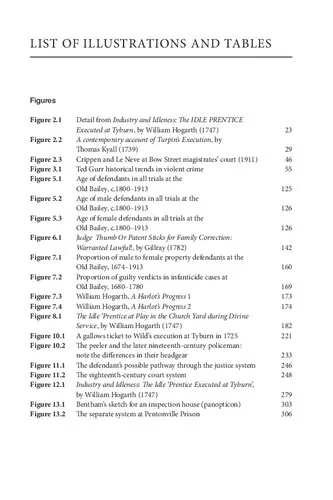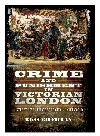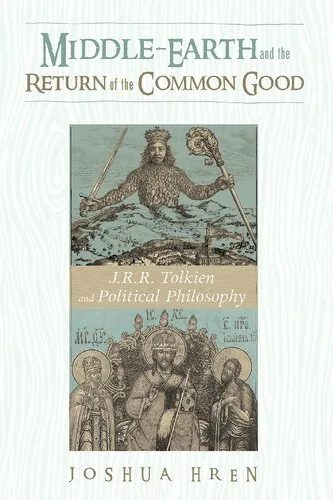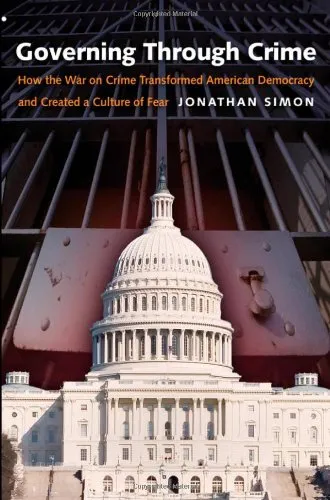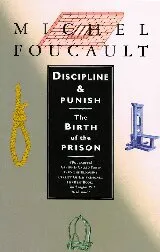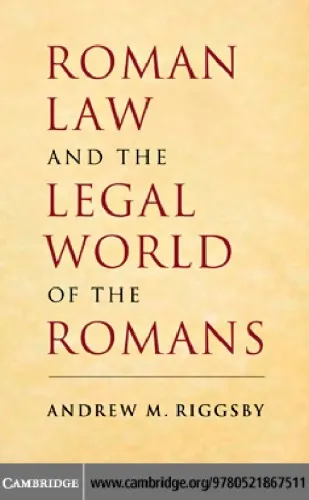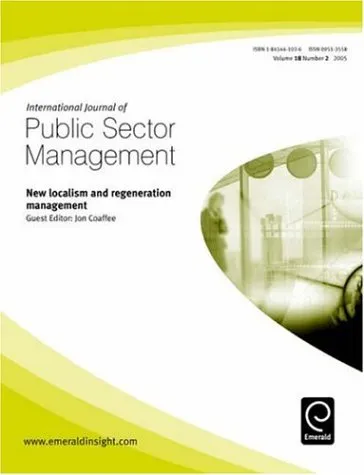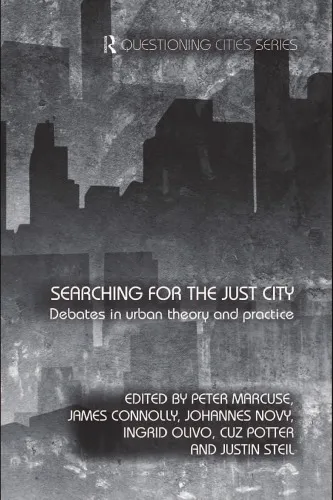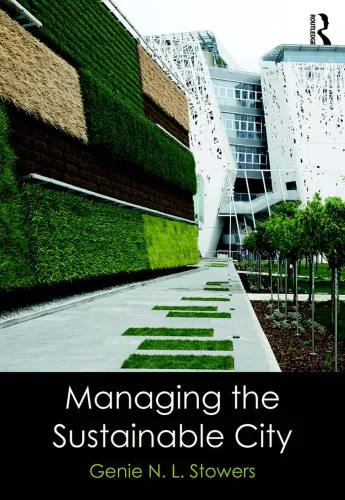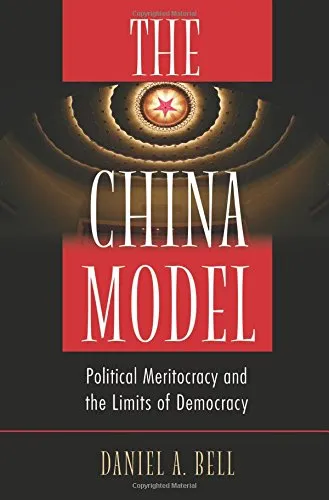The Culture of Control: Crime and Social Order in Contemporary Society
4.0
Reviews from our users

You Can Ask your questions from this book's AI after Login
Each download or ask from book AI costs 2 points. To earn more free points, please visit the Points Guide Page and complete some valuable actions.Related Refrences:
The Culture of Control: Crime and Social Order in Contemporary Society
Welcome to an exploration of the intricate dynamics of crime control and social order in modern society as presented in the seminal work 'The Culture of Control: Crime and Social Order in Contemporary Society' by David Garland. This book provides a comprehensive analysis of the changes in crime control practices and penal measures that have taken place since the late 20th century. Through engaging prose and meticulous research, Garland examines how cultural, political, and economic factors influence contemporary practices in the criminal justice system.
Detailed Summary of the Book
'The Culture of Control' delves into the transformation of crime control and social order mechanisms since the post-World War II period, highlighting the shift from rehabilitation and welfare-based approaches to punitive and control-focused strategies. Garland posits that this change is not merely the result of rising crime rates, but rather a reaction to broader social transformations such as the decline of the welfare state, the rise of neoliberal economic policies, and changes in political agendas. Garland outlines how crime control has become embedded in the cultural consciousness and political discourse, leading to what he terms a 'culture of control.' This culture is characterized by a dual strategy: on one hand, there is a focus on the punitive measures such as mass incarceration, and on the other hand, there is an emphasis on preventive measures through risk management and surveillance technologies. Garland meticulously dissects these dual strategies, considering their implications for criminal justice policies and the social order at large. The book is structured in a way that examines the historical context of these changes, evaluates the roles played by various social institutions, and critiques the effectiveness and ethical dimensions of contemporary policies. Garland's insightful analysis draws from a wide range of empirical data and theoretical perspectives, making the book an essential read for those interested in criminology, sociology, and social policy.
Key Takeaways
- The shift from rehabilitative to punitive measures in crime control reflects broader social and political changes rather than being a simple response to increased crime.
- The 'culture of control' is marked by both punitive and preventive strategies, deeply embedded in society's fabric.
- Changes in crime control practices are influenced by cultural dynamics, political forces, and economic policies.
- The rise of mass incarceration and surveillance as tools of social order reflects the changing priorities of contemporary society.
- Understanding these shifts provides essential insights into the future direction of criminal justice policies and social governance.
Famous Quotes from the Book
"The current 'culture of control' reflects the distinctive anxieties of late modernity."
"Today’s criminological imaginary is populated by the twin threats of the dangerous and the risky."
"The politics of crime are, to a significant extent, the politics of emotion."
Why This Book Matters
'The Culture of Control' is pivotal in understanding the evolution of crime control and its impact on society. It provides a critical lens through which to view the changes in penal policy and their broader societal implications. Garland's work offers an invaluable framework for academics, policymakers, and anyone interested in the intersection of crime, culture, and social policy. By dissecting the cultural, political, and economic underpinnings of modern crime control, Garland not only critiques current practices but also opens a dialogue about future directions for policy and social justice. This book encourages readers to think critically about the nature of control in society and challenges them to envision more equitable and effective approaches to social order.
Free Direct Download
You Can Download this book after Login
Accessing books through legal platforms and public libraries not only supports the rights of authors and publishers but also contributes to the sustainability of reading culture. Before downloading, please take a moment to consider these options.
Find this book on other platforms:
WorldCat helps you find books in libraries worldwide.
See ratings, reviews, and discussions on Goodreads.
Find and buy rare or used books on AbeBooks.
1497
بازدید4.0
امتیاز0
نظر98%
رضایتReviews:
4.0
Based on 0 users review
Questions & Answers
Ask questions about this book or help others by answering
No questions yet. Be the first to ask!
